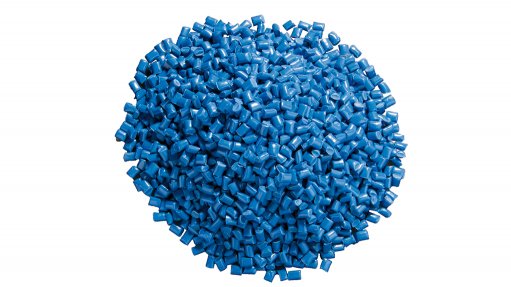
Ensinger's new detectable compound TECACOMP POM ID 1055303
A new detectable compound based on the engineered plastic acetal copolymer (POM-C) has been specially developed for injection-moulded components used in the food processing industry.
Ensinger is launching TECACOMP POM ID 1055303 which has been optimised to ensure that its components have good mechanical and tribological properties as well as being easy to detect.
Detectable high-performance plastics increase safety in food production and are used in applications where the products being processed must not be contaminated with plastic fragments from equipment, cable ties or transport boxes. Even small particles of the filled Ensinger ID compounds can be detected and separated out using metal and X-ray detectors. They are also visually noticeable as a result of their inherent blue colour.
A high proportion of additives ensures good detectability, but may also have a negative impact on processability during injection moulding and on the mechanical properties of the component. Consequently, Ensinger says that it has optimised the formulation of the new polyoxymethylene (POM) ID compound in such a way that the material has significantly improved inductive detectability compared with rival products, and yet can still be processed very easily. The base polymer of the compound, POM-C, is recognised for its good sliding friction properties and combination of toughness and strength. With these special characteristics, TECACOMP POM ID 1055303 is suitable for applications in the food industry, which place high demands on safety and tribological and mechanical properties.
A low glass transition temperature also enables them to be used at temperatures down to minus 50 °C, for example in freeze-drying units. Low moisture absorption and good hydrolysis and chemical resistance also make it a promising material for use in wet environments which are cleaned frequently. The compounds fulfil the requirements of EU Regulation 10/2011 and of the FDA.
Ensinger highlights its extensive portfolio of detectable ID compounds, with base polymers available to be selected from PP, PA66, POM and PEEK, with a range of available fillers. The company’s consultants can advise customers on the most appropriate choice of compound, and can also check the required fill level for the compound on site, using a detection kit.